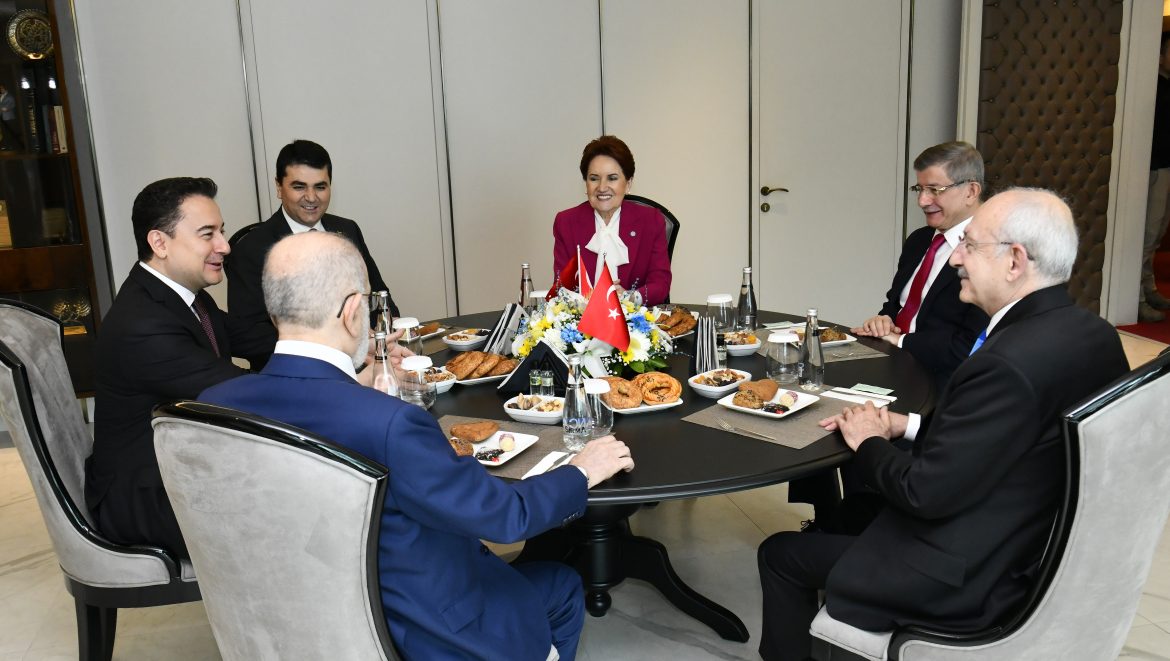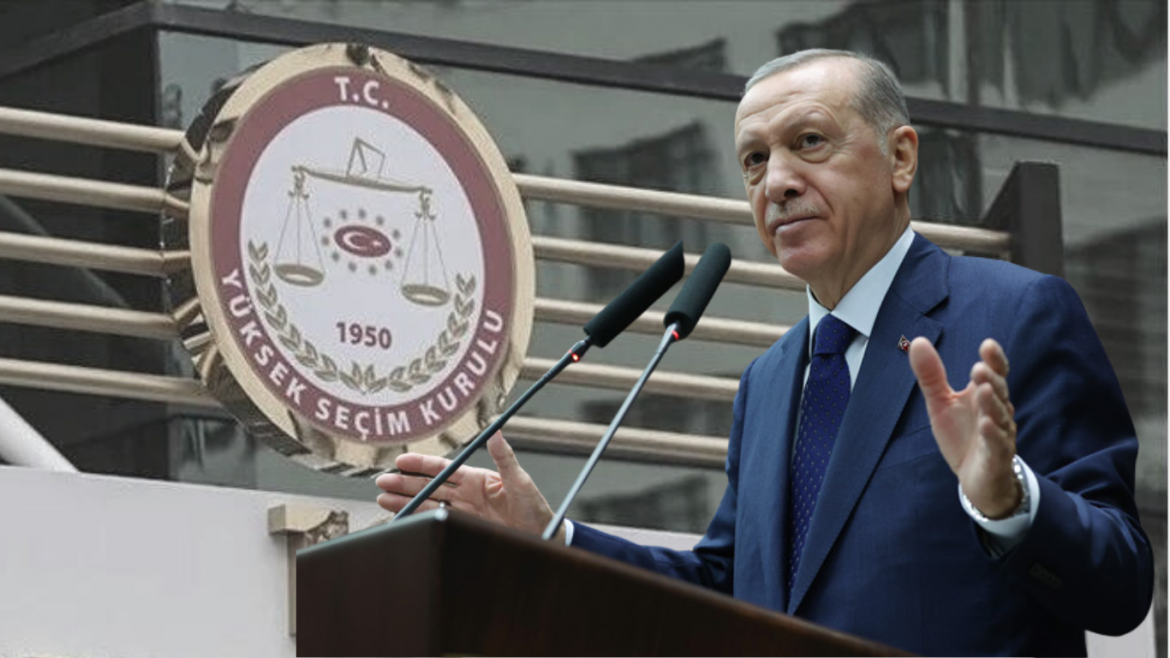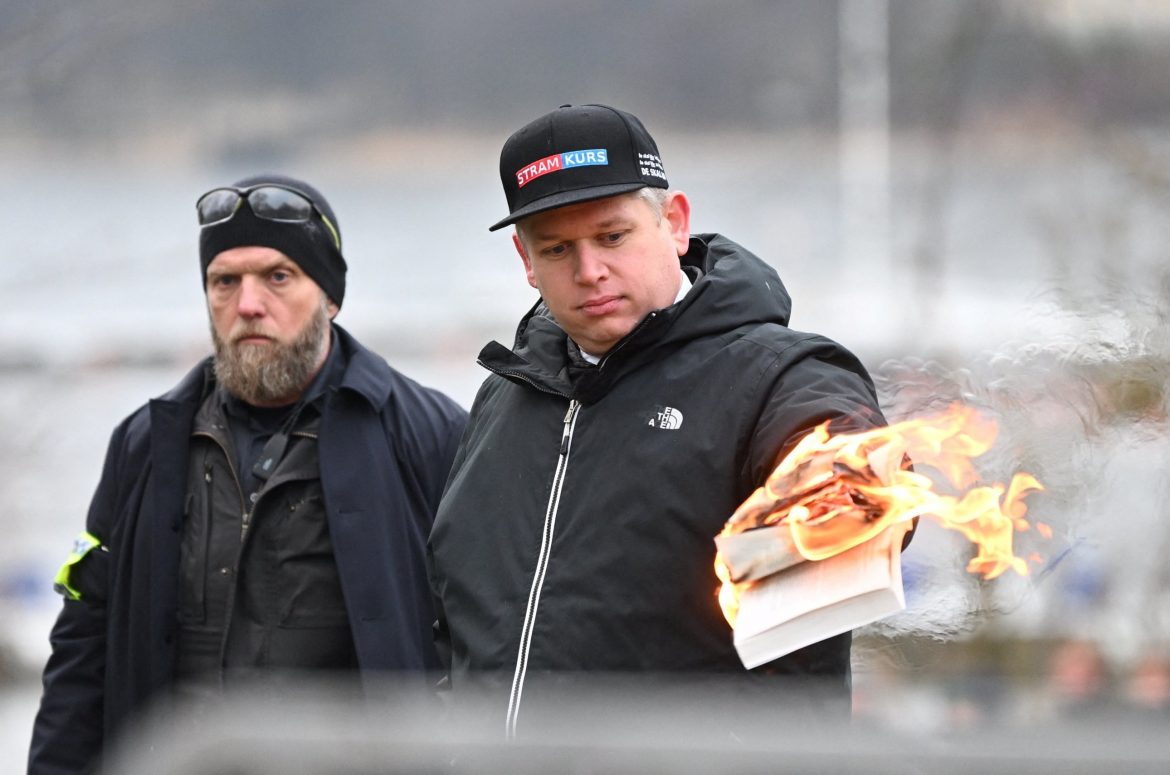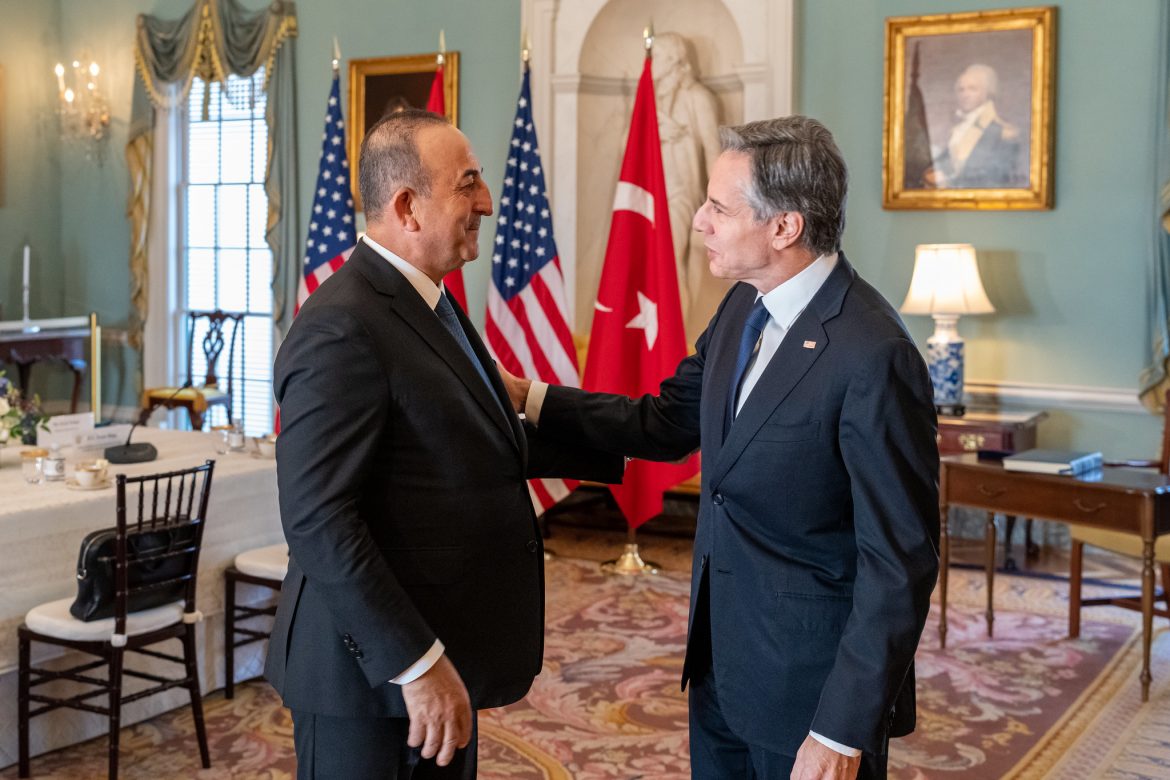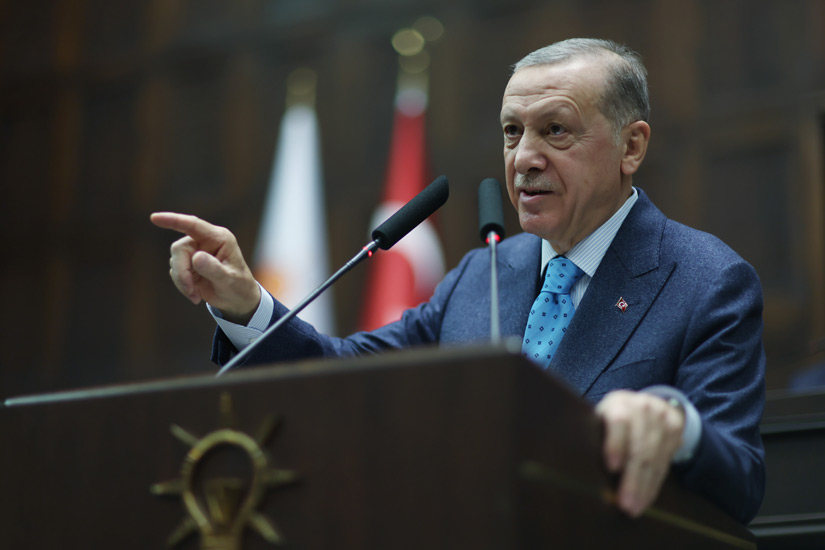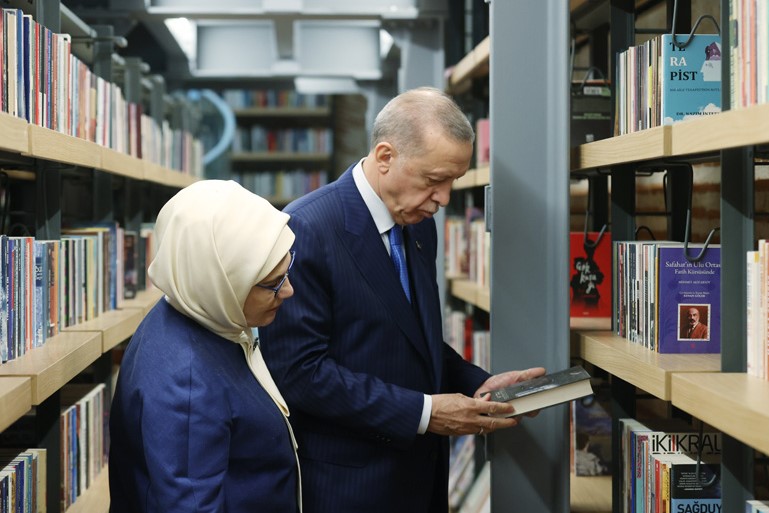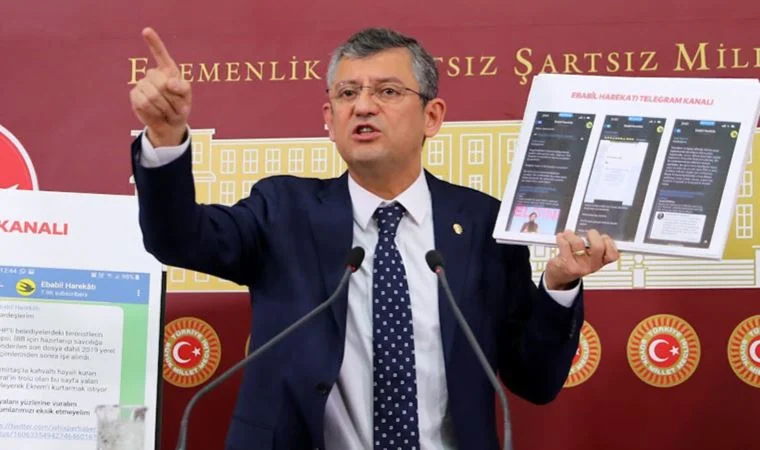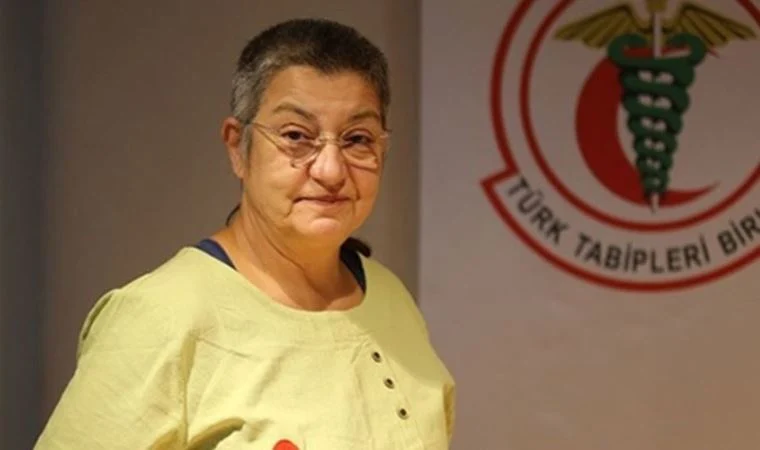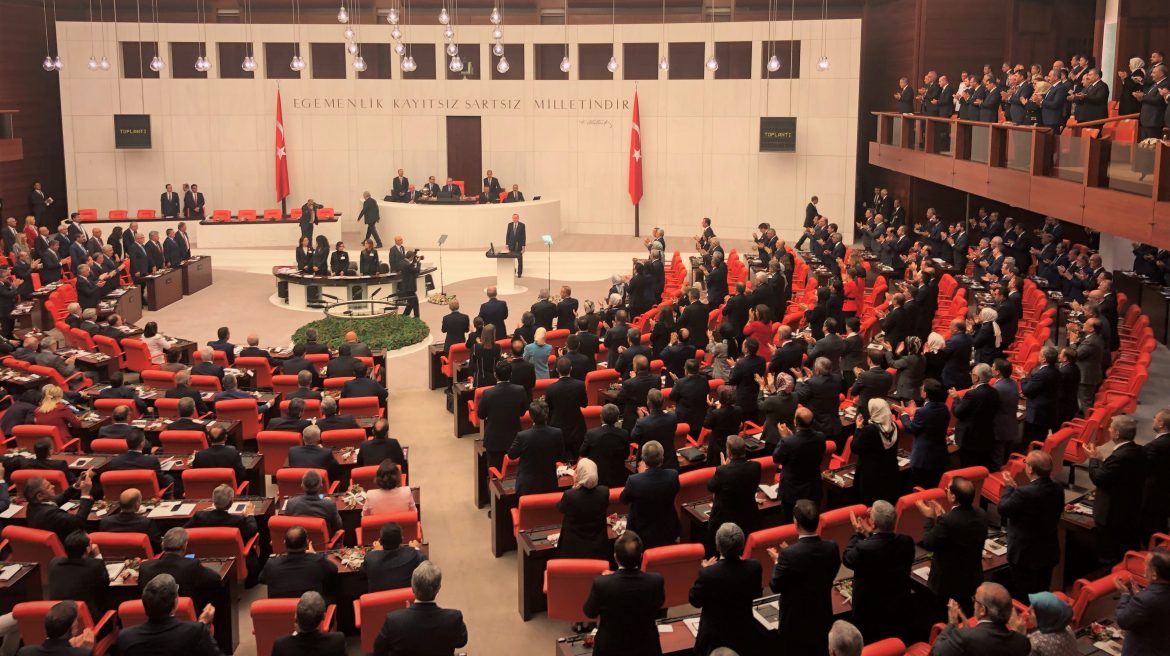It would have escaped my attention if I had not followed the Twitter accounts of two terrorism experts. One from Türkiye, Nihat Ali Özcan of the think tank TEPAV, and the other from the US, Bruce Hoffman from Georgetown University. Both drew attention to the fact that The Washington Post, in the caption of the
Türkiye’s six party opposition block held their 11th meeting on January 26, falling short of meeting high expectations with their joint declaration. The opposition cooperation that is often called the “Table of Six” has been regularly meeting since last February pledging to instate a “strengthened parliamentary regime” against the current “presidential governmental system,” which was
President and ruling Justice and Development Party (AKP) Chairman Recep Tayyip Erdoğan’s announcement that he would use his presidential authority on March 10 to renew the election on May 14 quickly fuelled the debate that he would not be able to run again. Despite main opposition Republican People’s Party (CHP) Chairman Kemal Kılıçdaroğlu’s statement that
Türkiye condemned Sweden over the burning of a copy of the Quran, the holy Book of Muslims in front of the Turkish Embassy in Stockholm on January 21, further straining ties between the two countries as Sweden seeks Turkish approval to be a member of the defense alliance NATO. A Turkish Foreign Ministry statement said
Despite efforts on both sides to downplay the tensions, Turkish-American relations have never been more strained. This reality was once again painfully obvious during the Türkiye-United States Joint Strategic Mechanism meetings held in Washington on January 18, between Foreign Minister Mevlüt Çavuşoğlu and his counterpart Antony Blinken. While the Biden administration, since its first day
President Recep Tayyip Erdoğan signaled that Türkiye may hold its critical presidential and general elections on May 14, fueling further the debate on bringing the election earlier than its scheduled date on June 18. “Late Menderes (Adnan, former Prime Minister) came out of the ballot box with an overwhelming victory on May 14, 1950, by
Among the contradictions Turkey faces ahead of the crucial 2023 elections is the gap between political activity that is in compliance with the Constitution and “realpolitik,” the German term for “politics in accordance with circumstances, not principles.” This is most evident in the question of whether President and ruling Justice and Development Party’s (AKP) leader
Türkiye’s main opposition Republican People’s Party (CHP) parliamentary chair Özgür Özel on January 12 revealed some documents showing a link between government officials and social media troll accounts in a press conference. And once again, the allegedly state-sponsored social media accounts called “Aktrolls” have become a political issue. Özel stated that said that “a troll
The arrested chair of Turkey’s top medical association TTB, Şebnem Korur Fincancı, was sentenced to 2 years and 8 months in prison for “disseminating propaganda for an illegal organisation through the press” for speaking on a news programme about alleged chemical weapons use by the Turkish Armed Forces. The Istanbul 24th Criminal Court ruled for
Can President Recep Tayyip Erdoğan run again in the 2023 elections? While the ruling Justice and Development Party (AKP) members think certainly he can, the chair of the Republican People’s Party (CHP) Kemal Kemal Kılıçdaroğlu announced “We will not have a discussion about Erdoğan’s candidacy. If he wishes to run he is more than welcome.”
- 1
- 2

